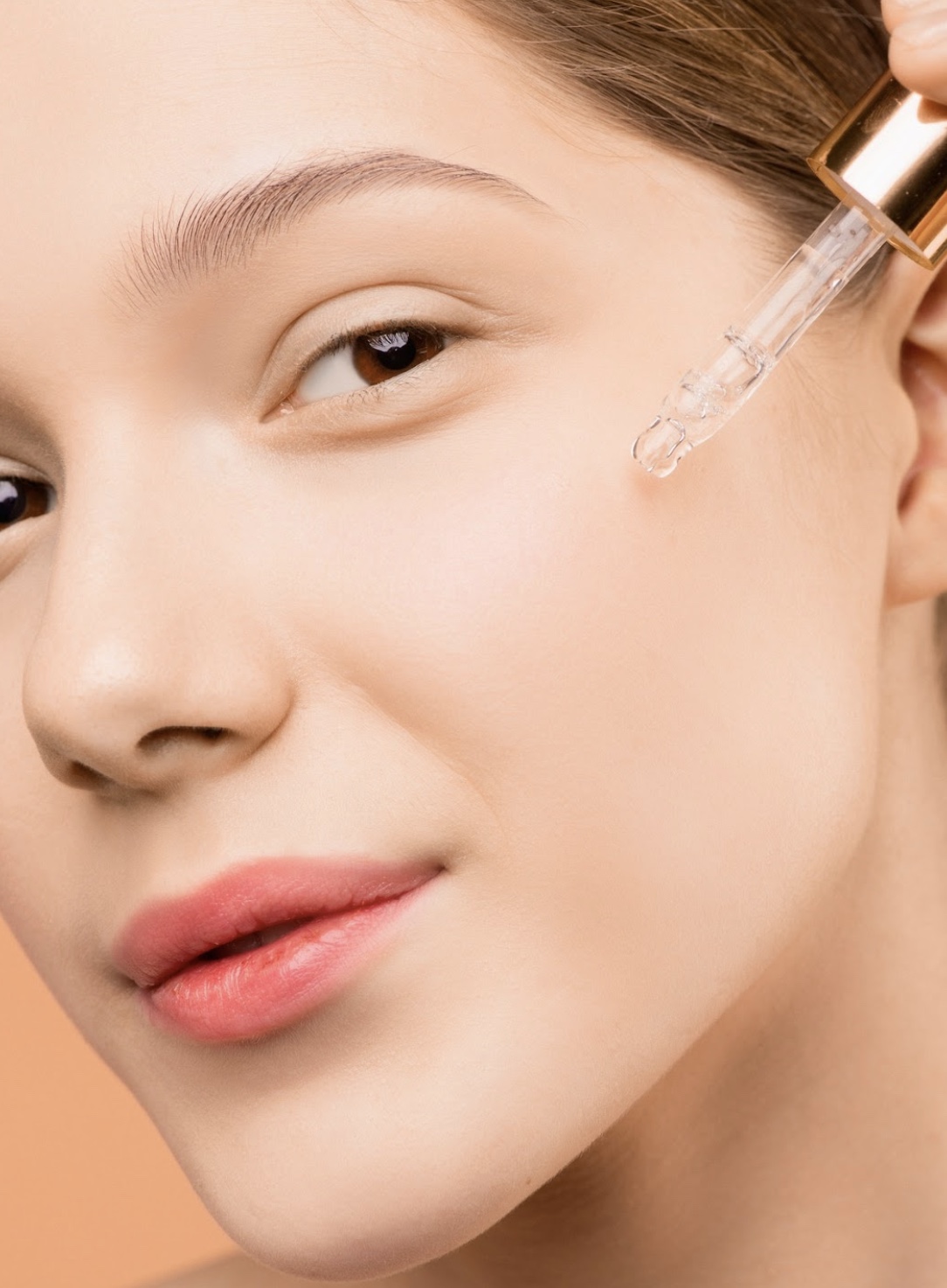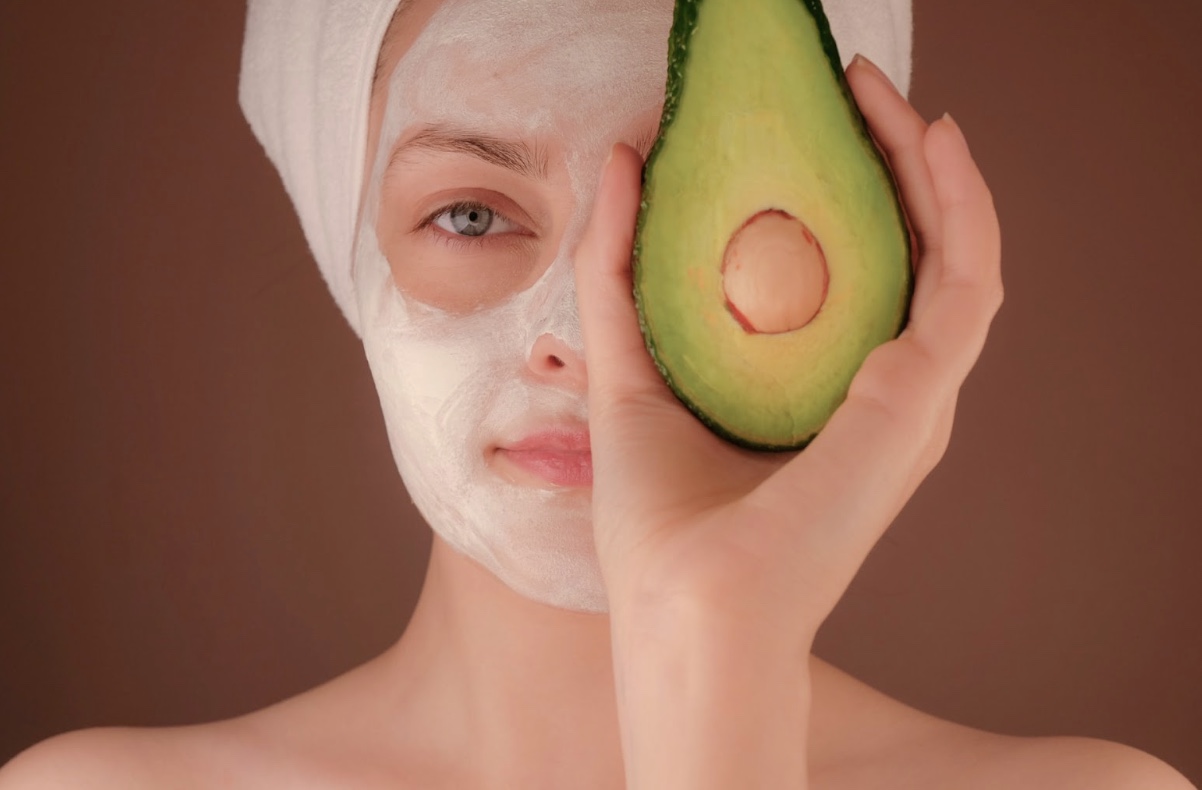If you want to have good skin you should mind your daily habits, and not just rely on skincare products. Although there’s a dazzling number of recommendations and options on everything from toners and serums to moisturizers, what’s important is to know your skin type and shop accordingly. Many people make mistakes using various products they see on the internet, just to find out it made their skin worse. Knowledge of skin types and suitable products is essential if you want healthy and glowing skin.
Continue reading to find out more about skin types and skin care routines.
Chapter Overview
What you need to know before starting a skin care routine
Skin care simply means taking care of your skin, which protects you from outside pathogens, helping you look and feel better at the same time. In the same way that you brush your teeth regularly, your skin needs at least some attention to keep it functioning properly. However, before figuring out what to include in your skin care routine, you must know your skin type and whether you have any major concerns you might want to address.
One way to know your skin type is to see how it acts without any makeup or products on it a few hours after taking a shower. If any major issues occur, it’s best to consult with a dermatologist to recommend some products for your condition. Knowing your skin type will steer you toward appropriate products. For example, if you have uneven skin and want to reduce fine lines and pores, you can try a useful at-home treatment known as brightening peel. This can help you create a healthy and vibrant look, and will leave your skin feeling silky soft, and smooth. Just make sure you follow the instructions to ensure the best results and skin comfort.
Basic skin care routine
-
Cleansing
Washing your face is the first and most important step of any routine. Since our skin comes in contact with environmental pollution, dirt, and other factors, you must wash it twice a day, morning and night. This way you’ll avoid clogged pores, acne, and dullness. Keep in mind that the right formula cleanses your skin without stripping healthy oils. Just be careful with exfoliating scrubs. Knowing your skin type will help you find the appropriate cleanser for you.
-
Toning
Toners are liquid supplements that deliver an extra shot of nutrients, helping the other products in your routine absorb better and balance your complexion. Use a toner after cleansing your face and before anything else. Apply a few drops of toner on a cotton pad or into your palms and gently swipe onto your face. You can also add some specific ingredients that you may not have in your other skincare products such as hyaluronic acid, rose water and green tea, alpha and beta hydroxy acids, and vitamins E and C.
-
Using serums
Serums are considered powerful skin allies, filled with concentrated doses of active ingredients. They can mitigate many skin problems, from wrinkles to dark spots. However, you should shop for those appropriate to your skin type. Some of the common products people use are hyaluronic acid, retinol, peptides, vitamin B3, Vitamin C, niacinamide, salicylic acid, and others. You can also use multiple formulas if you have multiple concerns, and note that not all serums are applied with the same frequency.
-
Moisturizing and protecting
Moisturizers hydrate and soften the skin, preventing water loss through the outer layers of your skin. Doctors usually recommend using these products year-round, no matter the skin type. Since everyone’s skin is different, the texture of your moisturizer will also differ. Learn about the difference between day and night cream so you can apply them appropriately. As the last part of your daily routine make sure you use sunscreen with at least 30 SPF, around 15 minutes before heading outside. Note that darker skin tones need more sun protection, as hyperpigmentation is harder to correct.

Final thoughts
Knowing your skin type and using appropriate products is very important to have healthy and smooth skin. However, food and sleep, as well as overall lifestyle, contribute to healthier skin. Try to avoid habits that can cause redness, acne, and scars, and never pick at your skin, especially pimples. Fill your plate with fruits, veggies, and whole grains, and avoid food that is high in saturated fats, trans fats, cholesterol, salt, and sugar. And don’t forget, always stay hydrated!

